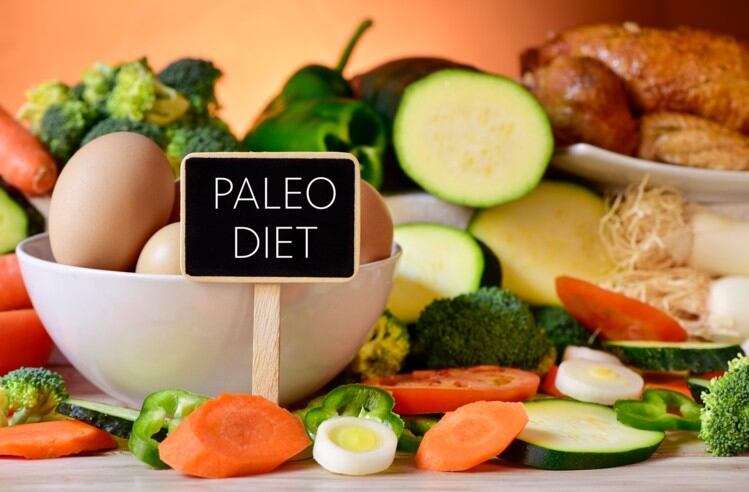Women who had moderate-to-severe iodine deficiency had a 46% lower chance of becoming pregnant during each menstrual cycle compared to women who had sufficient iodine concentrations, the researchers reported in their paper, published yesterday in Human Reproduction.
Study participants analyzed in this paper were part of the Longitudinal Investigation of Fertility and the Environment (LIFE), which sought to examine the relationship between fertility, lifestyle, and environmental exposures.
“Our findings suggest that women who are thinking of becoming pregnant may need more iodine,” said James L. Mills, M.D., who conducted the study along with colleagues at NIH’s Eunice Kennedy Shriver National Institute of Child Health and Human Development and the New York State Department of Health in Albany.
“Iodine requirements increase during pregnancy, and the fetus depends on this mineral to make thyroid hormone and to ensure normal brain development.”
Slightly less than half of US women have insufficient iodine
Iodine deficiency is common among women in the US and the UK, according to the report. In this longitudinal study, 55.7% of participants had sufficient iodine. The rest were split into mildly deficient at 21.8%, moderately deficient at 20.8%, and severely deficient at 1.7%.
Though the researchers admitted that study participants weren’t nationally representative, the percentage of women in the study having insufficient iodine (44.3%) reflected the percentage in population-wide studies.
Commenting independently on the study, Andrea Wong, vice president of scientific and regulatory affairs at trade group Council for Responsible Nutrition (CRN), concurred with these numbers.
“There are government data from NHANES research showing that iodine deficiency is becoming more common among women of childbearing age,” she told NutraIngredients-USA.
This can be attributed to the continuing preference for sea salt or kosher salt instead of table salt, which is a primary source of iodine, Wong argued.
Also affecting iodine consumption is dietary preferences. “People who are on vegetarian or vegan diets often don’t get enough iodine as well unless they eat a lot of seaweed, which is a good source of iodine,” she said.
Results provide new insight on fertility, can help raise awareness around iodine
CRN, which has been advocating for more iodine consumption among the US public, welcomed the study results.
“We already know the importance of iodine during pregnancy and breastfeeding for both neuron and brain development. But this study provides new insight on the potential contribution of adequate iodine intake to fertility, and it definitely warrants further research,” Wong said.
Should women on the Paleo diet be taking iodine supplements?

The paleo diet may increase the risk of iodine deficiency, says a new study that calls for iodine supplementation for people adhering to the growing trend. READ MORE
In 2015, the association introduced a voluntary guideline for its members, in which it encouraged manufacturers who make multivitamins/minerals for pregnant and lactating women in the US to include at least 150 mcg of iodine per daily serving, an amount which has been supported by health associations such as the American Thyroid Association and Endocrine Association.
Since the guideline was released, an analysis of iodine content in prenatal vitamins on the market revealed that the proportion of these products containing iodine increased modestly since 2009, with 61% of all pre-natal vitamins containing at least 150 mcg of iodine.
These results, based on research conducted by Wong and her CRN colleague Duffy MacKay, as well as researchers from the Boston University School of Medicine and University of Illinois College of Medicine at Rockford, were presented in a Letter to the Editor for the journal Thyroid, published January last year.
“We hope that these study results, and word getting out about the potential benefits on fertility, can encourage companies to take a look at their product lines and ensure they’re providing the right amount of nutrients for women of childbearing age,” Wong added.
Source: Human Reproduction
Published online ahead of print, doi:10.109.3/humrep/dex379
Delayed conception in women with low-urinary iodine concentrations: a population-based prospective cohort study
Authors: J.L. Mills, et al.
